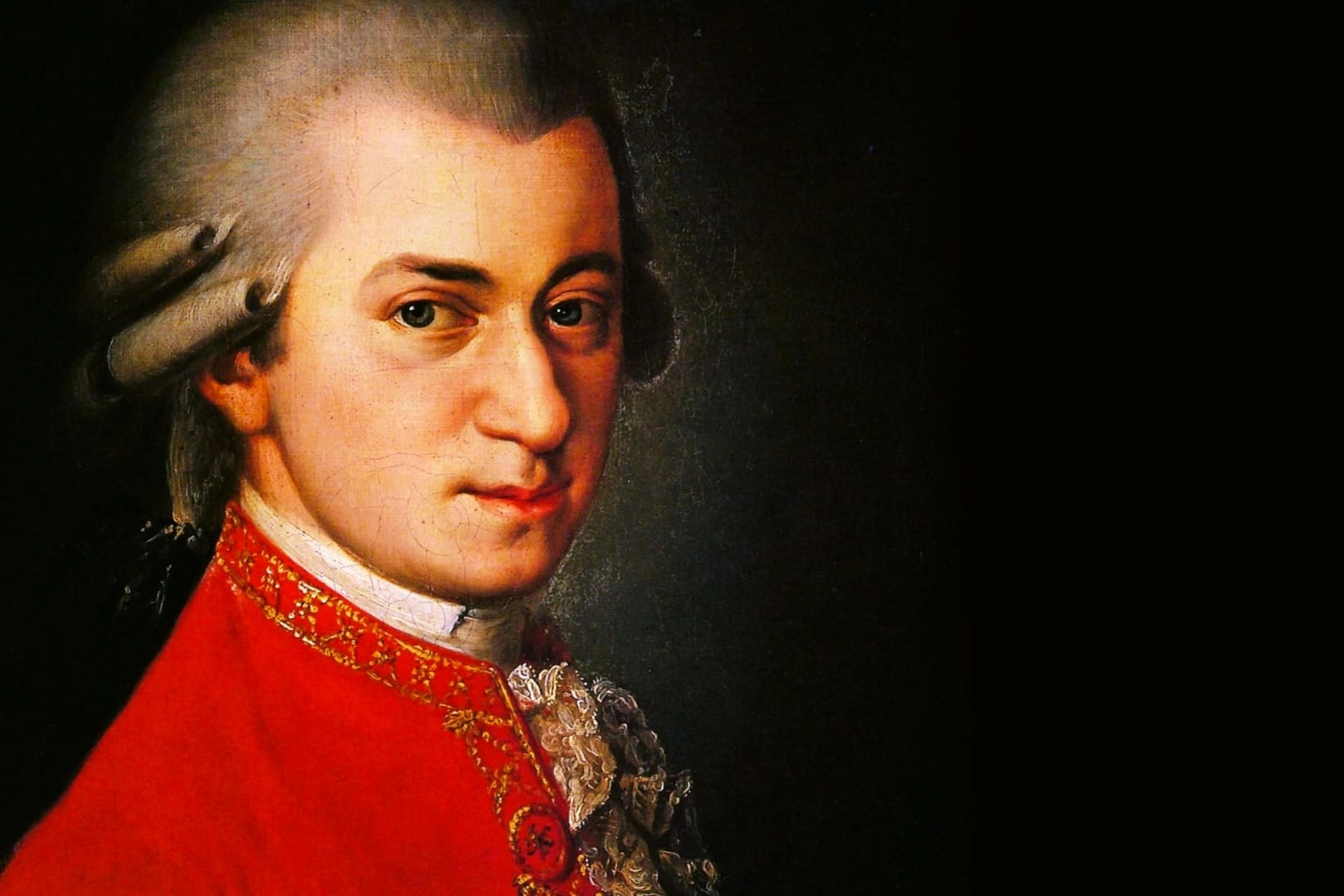
articles / Pop Culture
Meet the Mozarts of Spain, Sweden, and More

Joseph Martin Kraus, the “Swedish Mozart”
It’s a great compliment for a composer to be dubbed the Mozart of his country.
Some of the honorees are well-known. For example, Chopin was called the “Polish Mozart” and Rossini the “Italian Mozart.” But chances are you’re not familiar with the “Swedish Mozart,” the “Spanish Mozart,” or the two candidates for “English Mozart.”
Joseph Martin Kraus (1756 – 1792), the “Swedish Mozart,” was born in the same year as Mozart and was actually German. While Kraus was studying law, a fellow student from Sweden persuaded him to move to Stockholm, the “Venice of the north.” After a few years, King Gustav III, a devoted patron of the arts, appointed him as Royal Music Director of the Swedish Court.
Juan Arriaga (1806 – 1826), the “Spanish Mozart,” shares a birthday with Mozart: January 27. And if you think Mozart died young, consider that Arriaga missed his twentieth birthday by ten days. He was, like Mozart, a prodigy. He composed his only opera, Los esclavos felices (“The Happy Slaves”), when he was fourteen. With the support of his patrons in Bilbao, Arriaga moved to Paris to study at the Conservatory. He was so talented that he soon became a teaching assistant in the harmony class.
Thomas Linley, Jr. (1756 – 1788), born in the same year as Mozart, is one of two contenders for the title of the “English Mozart.” Linley’s abilities were apparent from an early age. When he was seven he was apprenticed to William Boyce, Master of the King’s Musick. Linley drowned in a boating accident at the age of 22. Mozart later told a friend that “Linley was a true genius” who “had he lived, would have been one of the greatest ornaments of the musical world.”

Samuel Wesley, the other “English Mozart”
The other “English Mozart,” Samuel Wesley (1766 – 1837) was the son of hymn-writer Charles Wesley and nephew of John Wesley, a founder of the Methodist church. Samuel was a prodigy. His father recalled that “he was between four and five years old when he got hold of Handel’s oratorio Samson, and by that alone, he taught himself to read music.”






